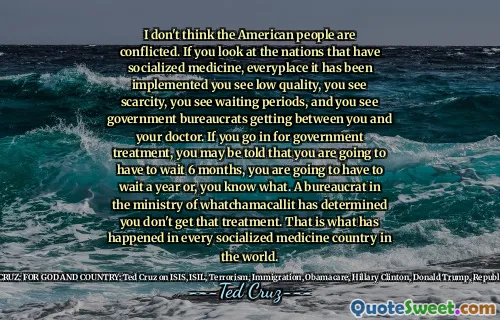We all remember when President Obama told the American people: If you like your health insurance, you can keep it. Now at the time that sounded good. Any of us who liked our health insurance wanted to keep it. We liked that promise. That is the kind of promise we like from our candidates and our officeholders. Yet as I mentioned earlier, one of the great faculties of higher reason is the ability to learn--the ability to learn from evidence and facts. We have learned that promise did not, in fact, meet reality because the reality is millions of Americans are at risk of losing their health insurance. A
Former President Obama's assurance that people could keep their health insurance if they liked it was well-received at the time. Many Americans appreciated this pledge, believing it would safeguard their preferred coverage. However, as time has passed and facts have emerged, it has become clear that that promise did not hold true for millions. Many individuals found themselves at risk of losing their health insurance, highlighting a significant disconnect between political promises and the reality faced by citizens.
This situation underscores the importance of critical thinking and the ability to learn from outcomes. As Ted Cruz points out in his book, "For God and Country", recognizing discrepancies between what is promised and what is delivered is vital for holding public officials accountable. This awareness enables voters to make informed decisions based on evidence rather than mere rhetoric, reinforcing the need for transparency in political discourse.






